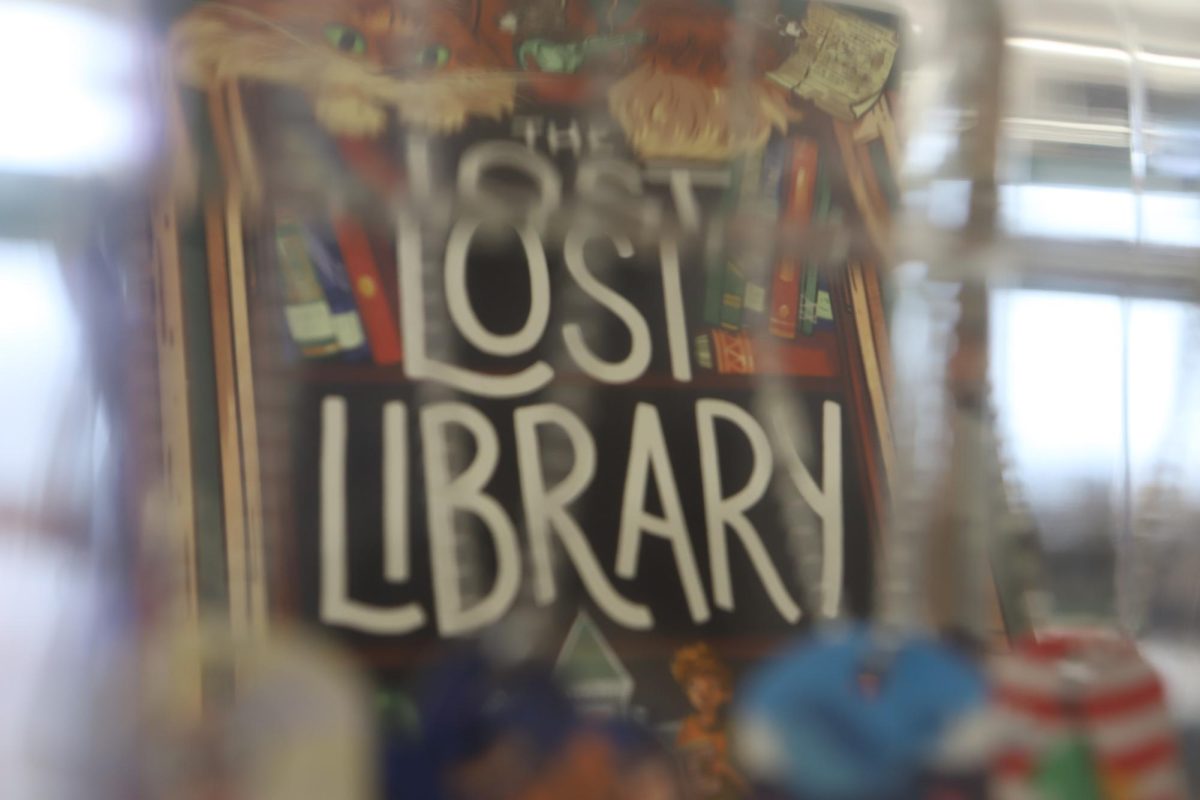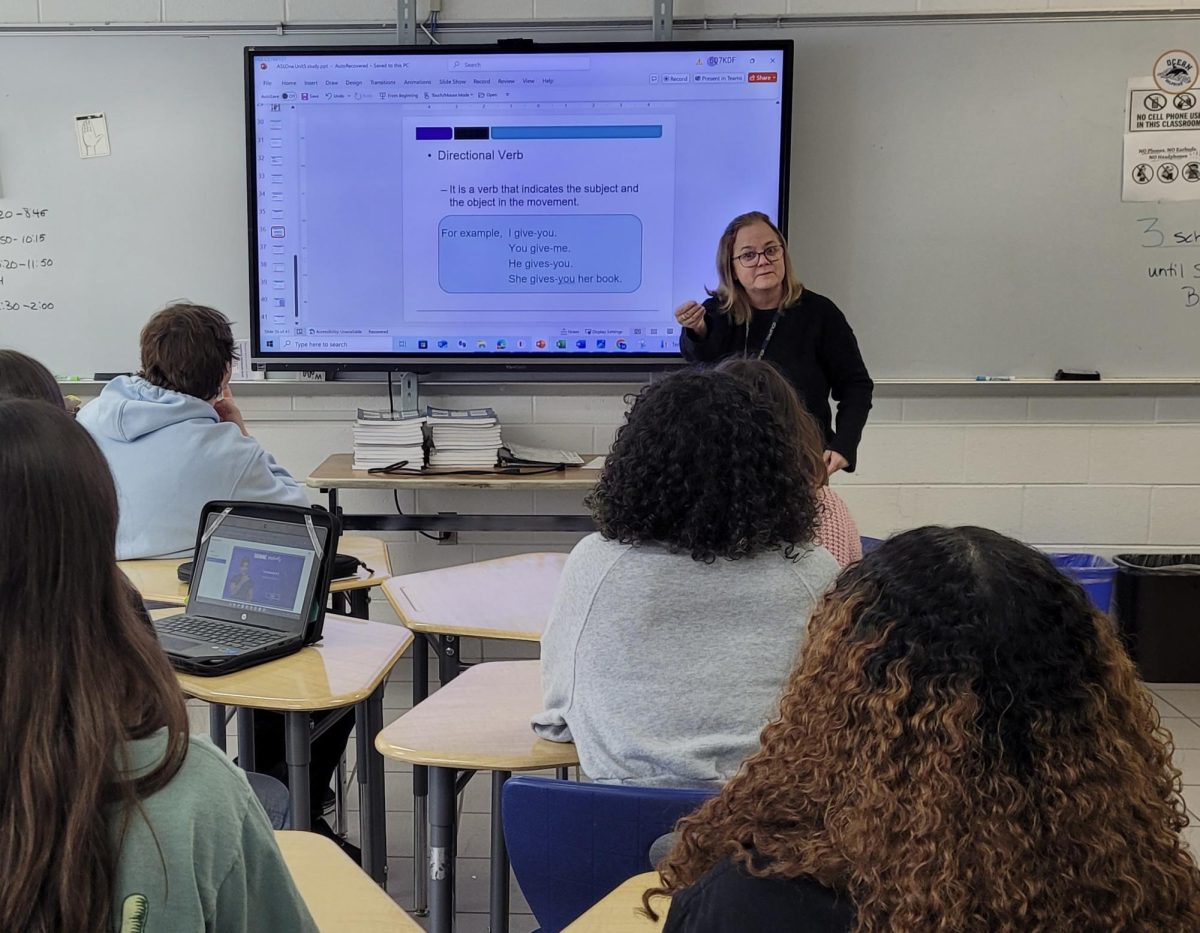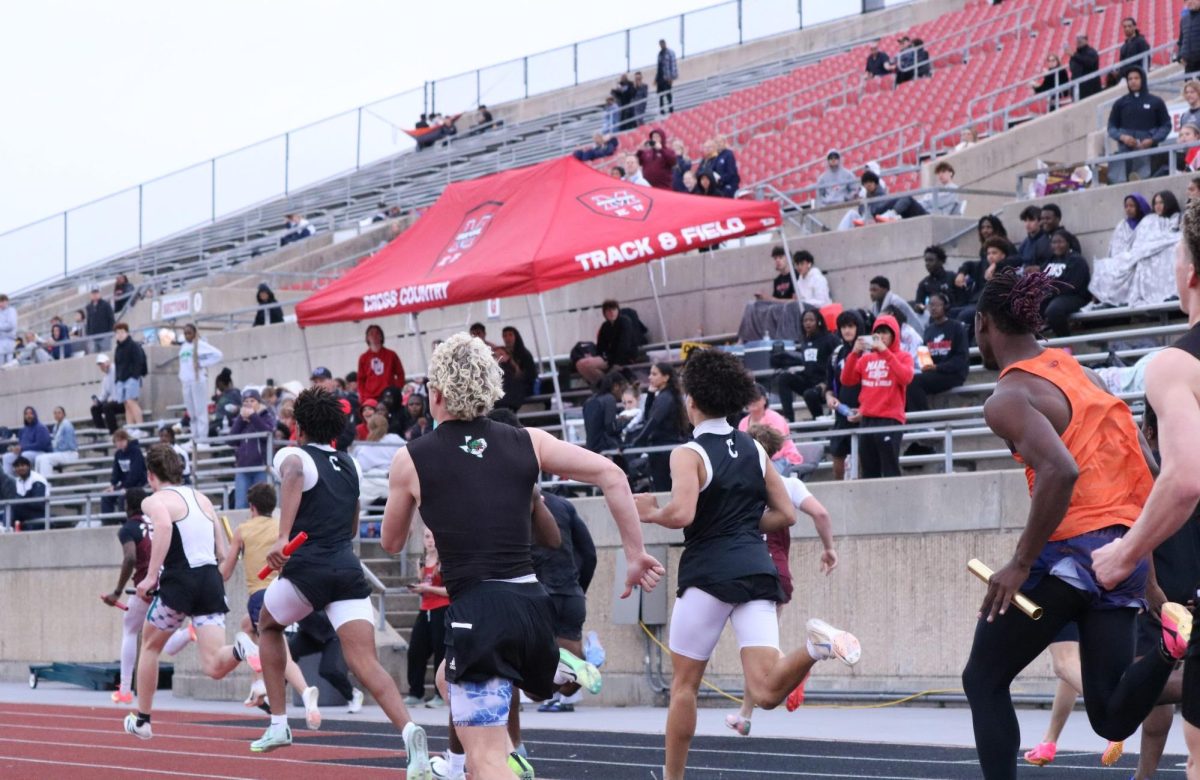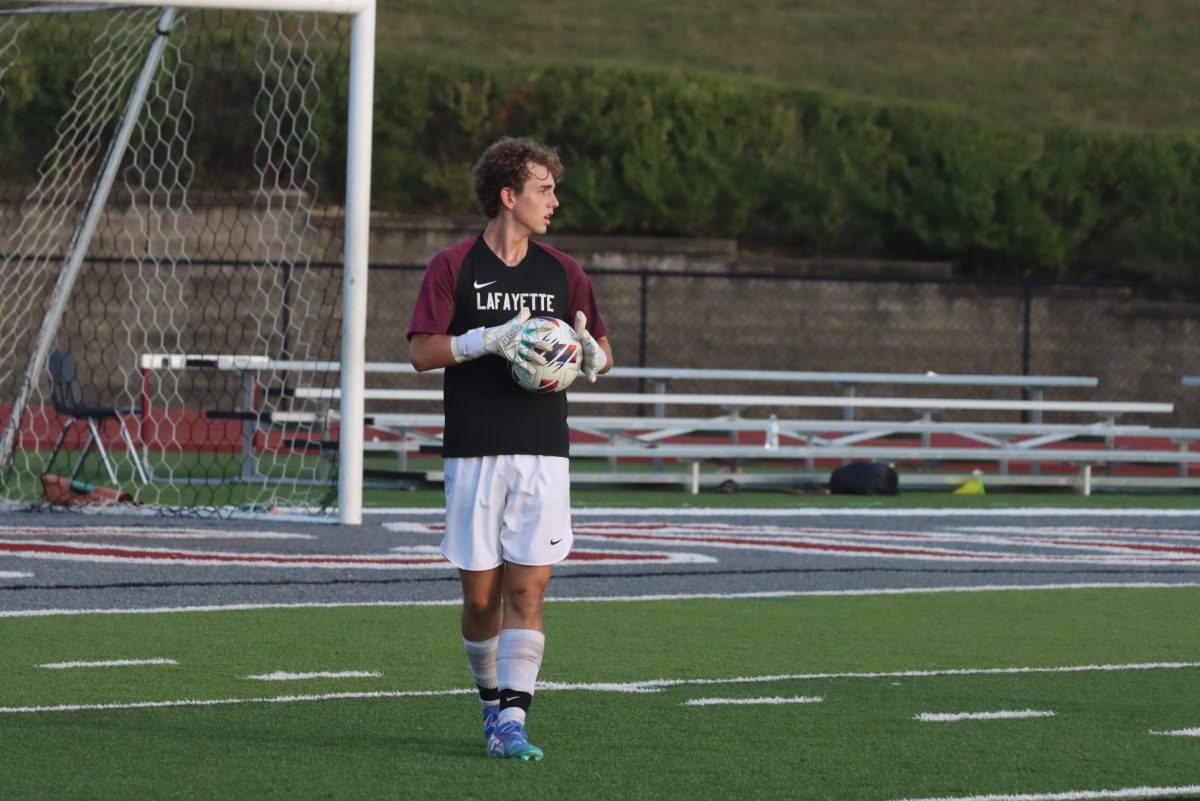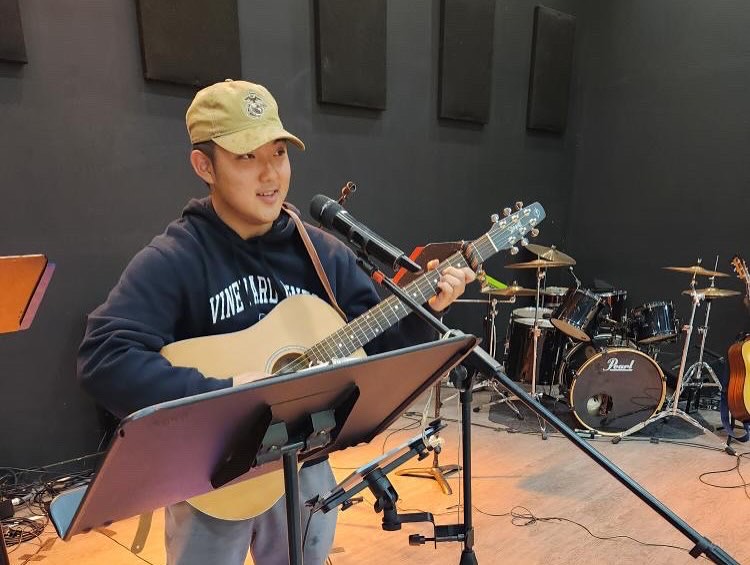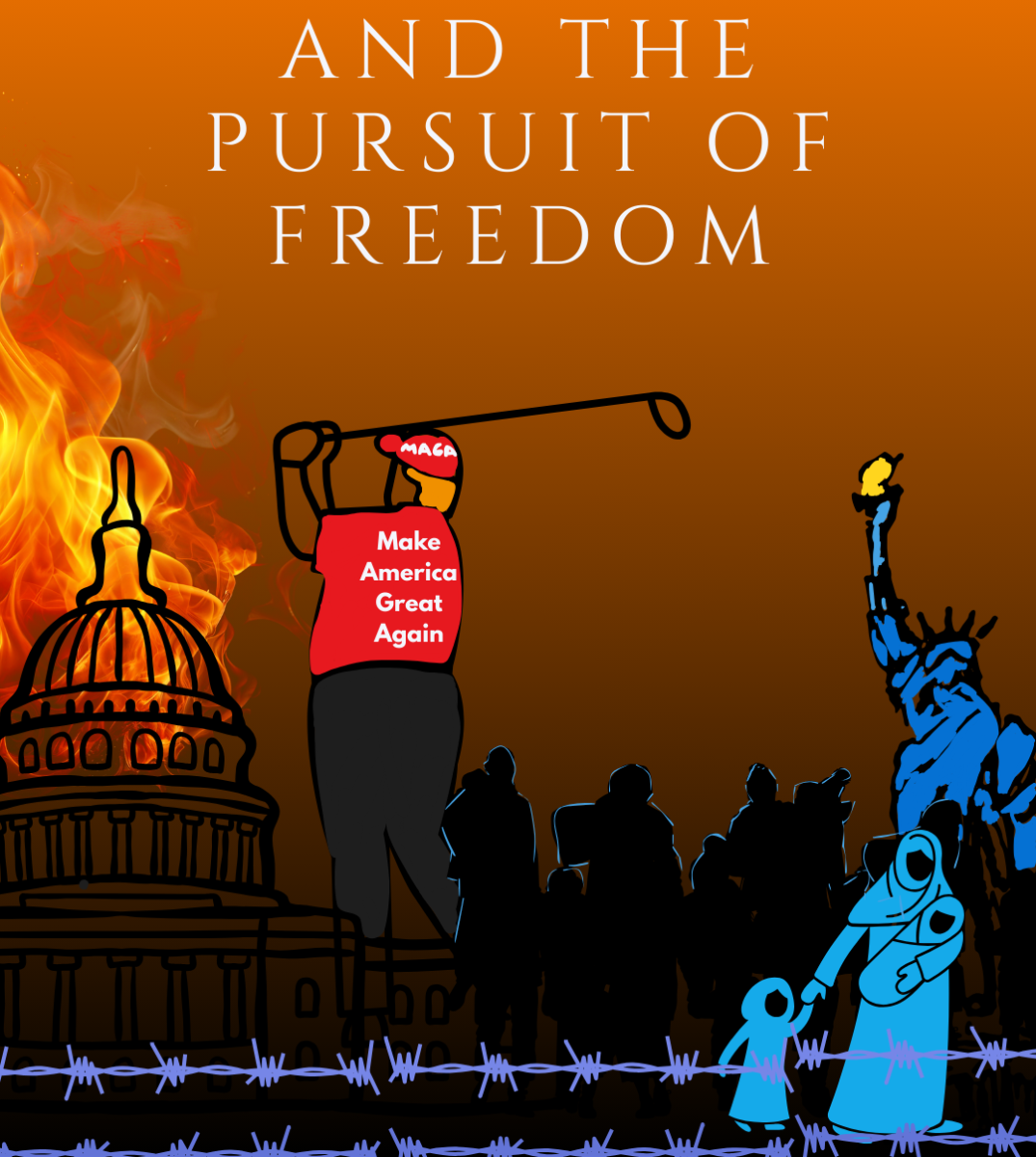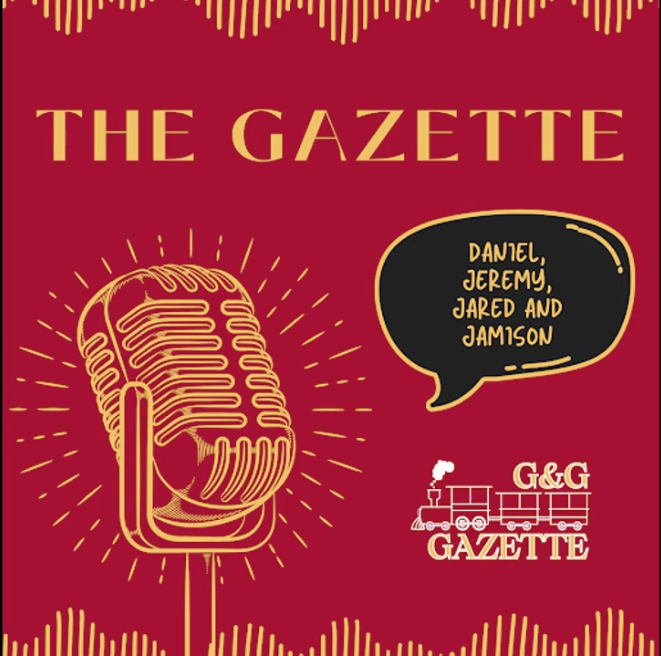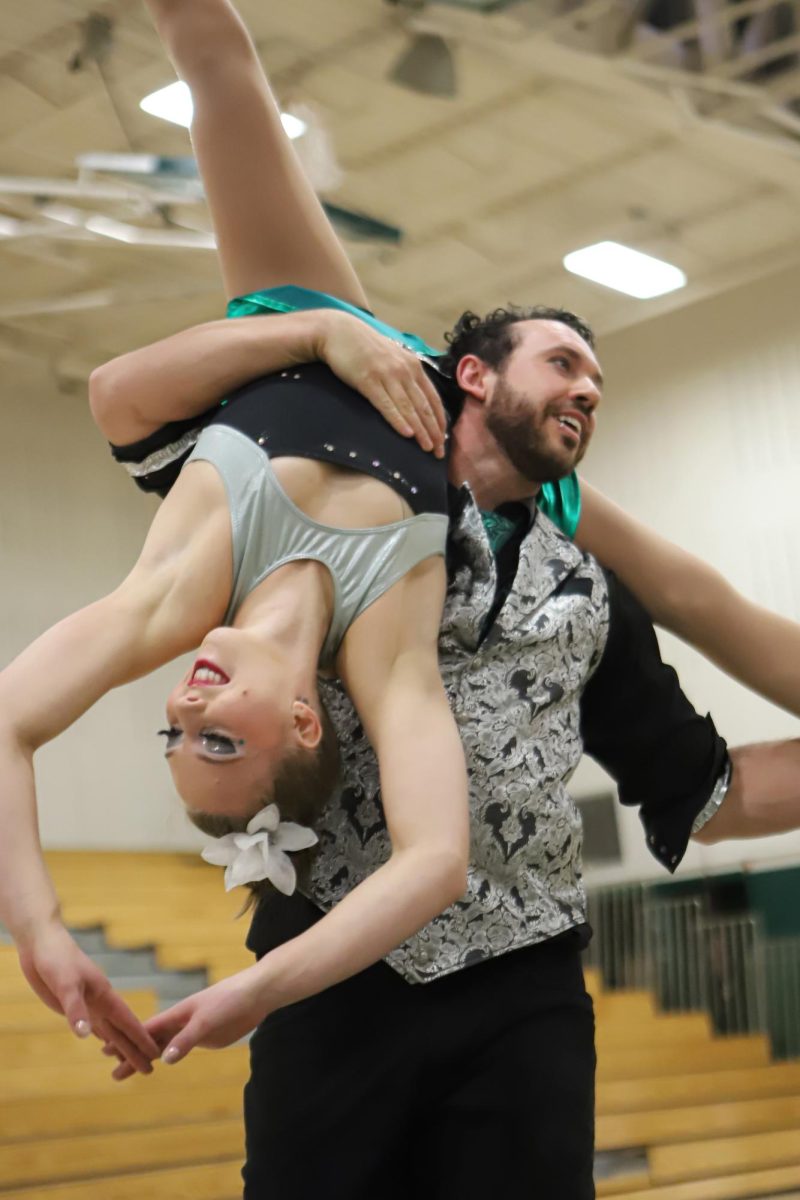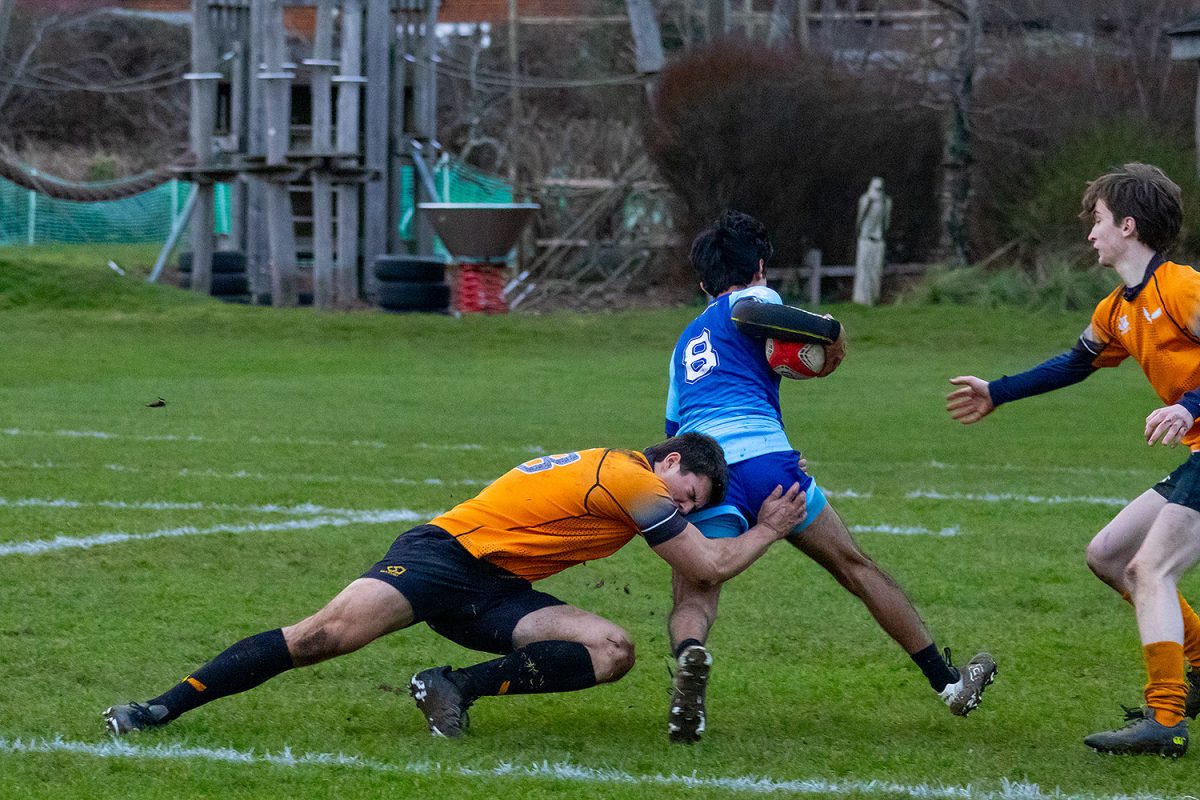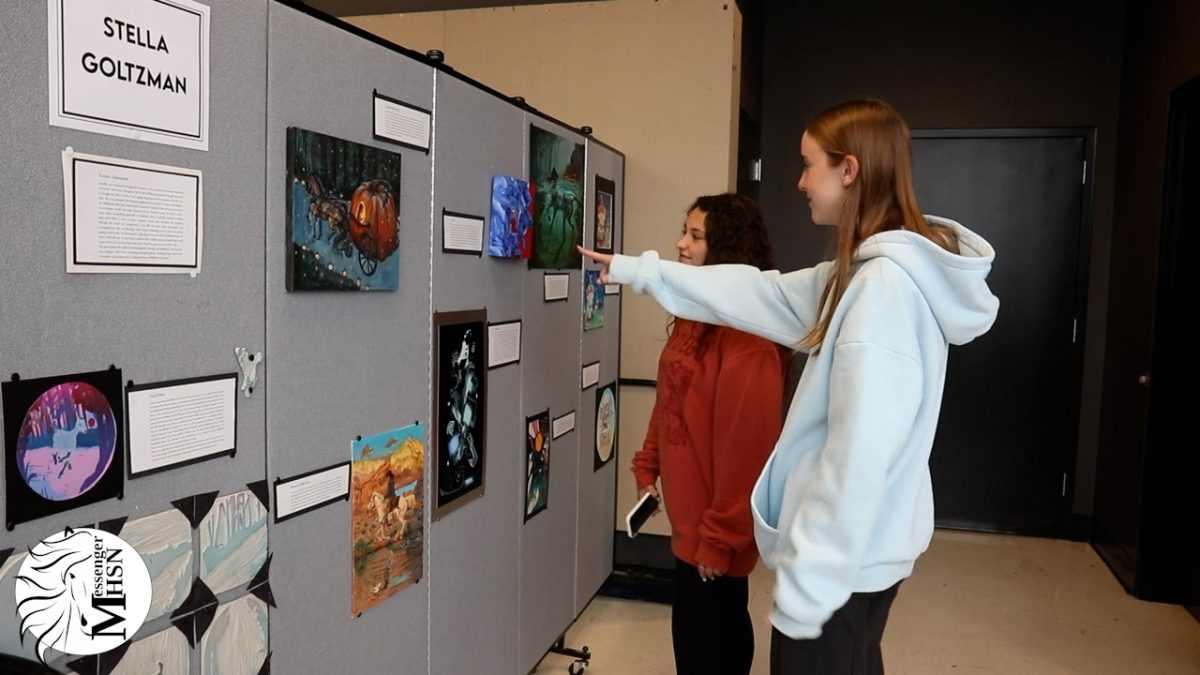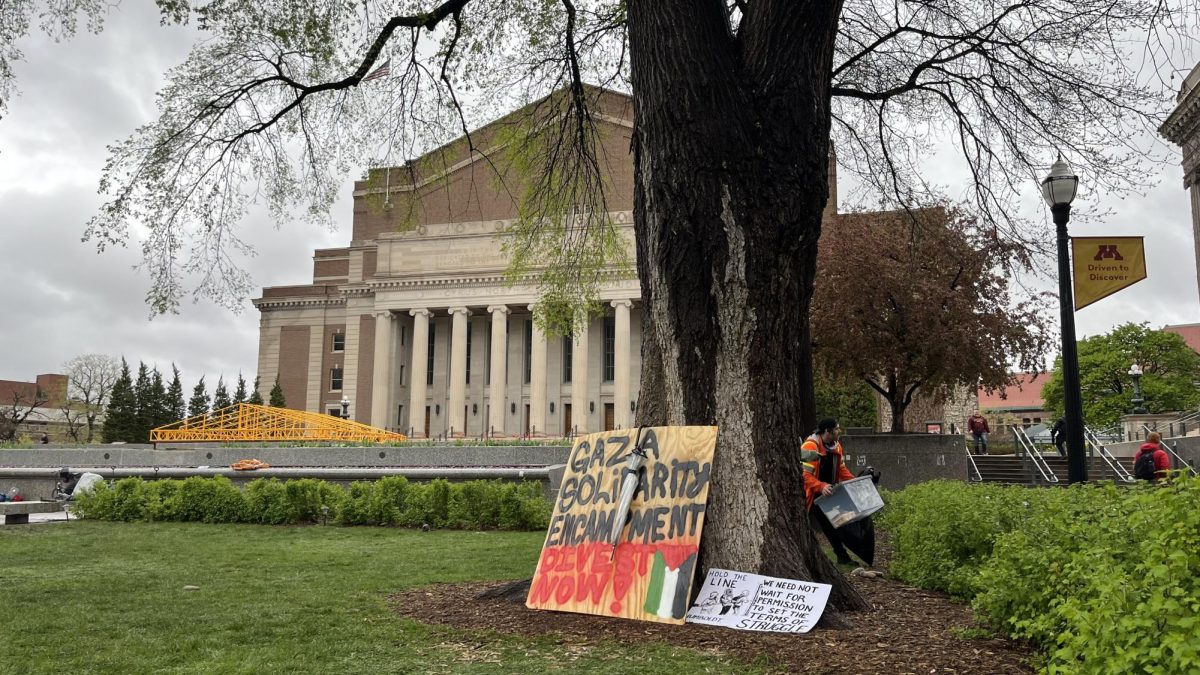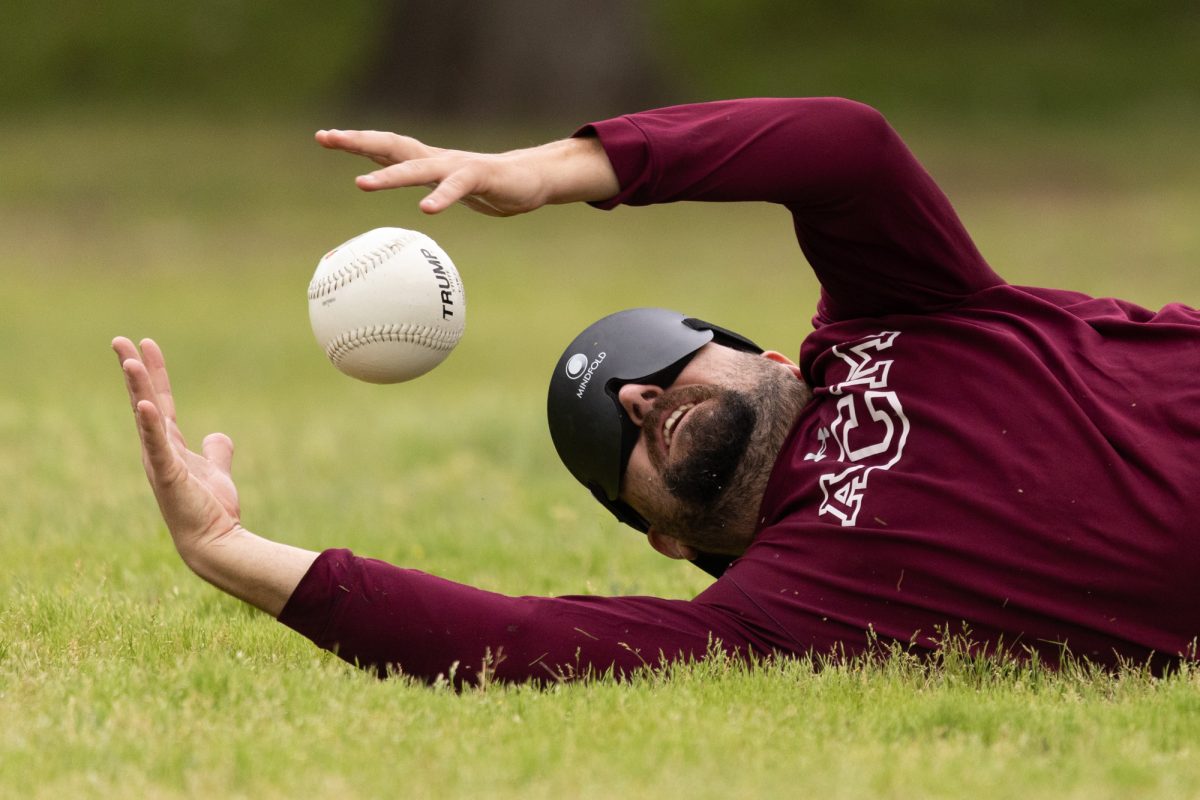Interim President Jeff Ettinger sent out a campus-wide email Thursday morning announcing the end of the encampment on Northrop Mall at noon, which was erected to demand an array of asks from the University of Minnesota administration and Board of Regents.
Protest encampment organizers met with University leaders for multiple talks on Wednesday. Ettinger committed to an agreement with student protestors that would end the encampment on Northrop Mall.
Because of the encampment’s ending, Ettinger said that the University will reopen closed buildings on the Northrop Mall at noon. The student coalition has agreed there will not be organized disruptions at upcoming final exams and commencements.
There were talks at 10:00 a.m. in St. Paul Student Center, 5:00 p.m. after an email and around 9:30 p.m., according to SDS spokesperson Merlin Van Alstine. The evening talks were conducted on Zoom.
In a message sent to campus organizers Wednesday evening, Ettinger presented a list of actions the University is committed to in exchange for protestors removing the encampment. The encampment started to be dismantled as soon as students received the system-wide email, according to Ali Abu, a member of Students for Justice in Palestine.
The University has committed to making progress for six of the coalition’s demands:
(1) Divest: The protestors will be provided an opportunity to address the Board of Regents at their meeting on May 10.
(2) Ban employers: The University would be willing to facilitate a meeting with Career Services leaders to discuss appropriate advocacy around choices of potential employers, in response to calls to ban arms manufacturer employers from campus or in career fairs.
“We do not support restricting student career opportunities by instituting a ban of employers,” Ettinger said in the email statement.
(3) Boycott: The University will connect the student groups with the Vice Provost for International Programs and Senior International Officer to ‘identify the process to explore a program affiliation with one (or more) Palestinian universities.’ The University said if students can offer information on specific affiliations with Israeli universities, the University will report back on the status of those agreements
(4) Disclose: The University plans to bring additional detail to the next meeting about the University’s holdings in public companies by May 7, and will supplement this list with any remaining public company holdings by May 17.
“Investments in public companies can be shared, but other investments are protected by non-disclosure agreements or other legal constraints,” Ettinger said.
(5) Thawabit: The University said it will seek to find ways to better express and evidence support for Palestinian students. It has committed to regular meetings to continue to discuss the protestor’s concerns and will seek to include the incoming President-designate in these meetings
(6) Amnesty: The University administration recommended to the University of Minnesota Police Department that UMPD does not arrest or charge anyone for criminal offenses because of activities that occurred throughout the past few days, noting that would only be honored if the encampment “is removed without incident.” Additionally, the agreement noted that the University is advocating for leniency with the Minneapolis City Attorney.
Coalition members seek progress from administration moving forward
Van Alstine said they had emailed the Board of Regents to be on the May agenda, but the Board sent an email last week and said they were hesitant to meet given the ongoing protests. A meeting with the Board of Regents is something you can do on your own as a student group, she added, and the coalition had already started the process for getting on the agenda.
“We were very polite and respectful in the meeting, and he passed that along to the Board,” Van Alstine said. “They gave us approval to do the regents meeting, to go in there and do the proper thing.”
Van Alstine said “it’s not completely unfounded” as to why the Board of Regents was wary to meet with protestors.”
“But we were planning to go in there and do what we normally do to get our voices heard,” she said. “And now we are getting our voices heard through our encampment.”
Sima Shakhsari, an associate professor in the gender, Women and Sexuality Studies Department, spoke to a crowd that gathered in the Northrop Mall Thursday evening, calling on faculty to be at the Board of Regents meeting on May 10 to show support for the student organizers.
“Students shouldn’t be … the only ones who are leading the divestment movement,” Shakhsari said. “Our faculty needs to step up. We need to step up.”
SJP spokesperson Omar Ali said the coalition understands institutional change in the University is going to take a long time. They were seeking tangible and measurable steps for the administration to take due to Ettinger leaving in two months, he added.
“We said that if you were to release a public statement tomorrow, showing accountability for the past seven months, and how you’ve been silenced, and talking about further actions you’re going to take to resolve how things have been, we’re gonna take down the encampments,” Ali said.
Ali said some of the goals the coalition wants include full disclosure of investments by May 7, demands introduced to the Board of Regents by May 10, and bi-weekly meetings between coalition members and administration.
“I don’t expect them by tonight to have a structure for how they’re going to go about divestment,” Ali said. “But the idea that we’re going to build structures together, with SJP being present in the room, that’s what we want.”
Jewish students met with Ettinger Thursday
Jewish students from Hillel, Chabad and two Jewish fraternities met with Ettinger Thursday morning after the campus-wide agreement had been sent out.
In a Thursday afternoon press conference, directors and students expressed their disappointment with the University administration for not condemning antisemitic language used during campus protests.
“When we met with the president’s office and president himself, we started with talking about how deeply disturbed we were with all of the postings physically around campus,” said Alex Stewart, the student president of Hillel, referring to the flyers and chalkings on campus. “We acknowledge that those student groups have free speech. … But we pushed back on the University by saying, ‘If all those student groups have free speech, the University does as well.’”
During the meeting, the students said they had talked about an equal opportunity to present at the Board of Regents on May 10. As of the press conference, they had no commitment from the administration on whether or not they could present.
“There are no firm action steps that we will see,” Stewart said.
Additionally, the group had brought up their disappointment with the University’s current efforts to hold individuals accountable for antisemitic acts and remarks.
The University, in many of their emails responding to the campus unrest, made responses to the Bias Response and Referral Network. That system was brought up in the meeting with Ettinger, but Izzy Lundquist, the vice president of external relations at Hillel, said she expressed that “students do not have confidence in the system.”
Others echoed the concerns, saying current efforts by the University administration to combat antisemitism do not go far enough.
When reports are filed, “it can feel like a garbage can to students,” said Hillel’s Executive Director, Benjie Kaplan. “It is on the university to repair that system in a way where students feel heard.”
Students said they promoted the Hillel Campus Climate Initiative, which is a program that “provides a comprehensive strategy to help college and university presidents and campus administrators counters antisemitism,” according to the Initiative’s webpage.
Lundquist said “no promises were made” in the meeting.
Another point made at the press conference, by Kaplan and others, is that these efforts can be made even when events are calmer.
The meeting with Ettinger was, said meeting attendee Ethan Fine, “just seeing how we can navigate this campus culture and climate, not only right now in times of crisis, but also in times [when] it’s a little bit calmer.”
Staff reporter Logan Anderson contributed to this report.
This story was originally published on Minnesota Daily on May 2, 2024.



